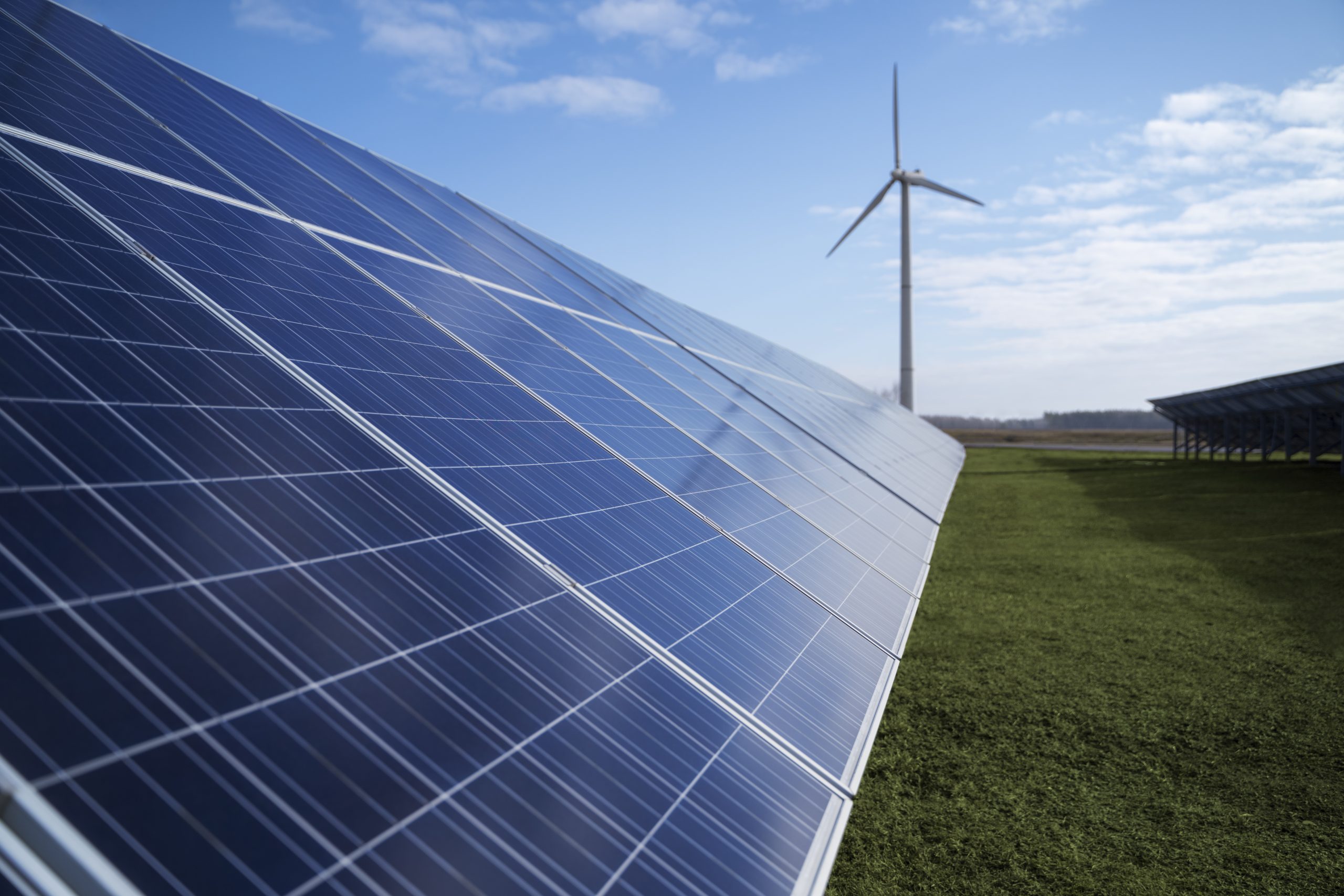While solar photovoltaic (PV) installations are booming in Europe (and in other parts of the world), the local industry is closing down. Over the past two years, the European installed solar PV capacity has been multiplied by two. On the other hand, the remaining European manufacturers of solar PV panels are dying.
Installed solar PV capacities are experiencing an unprecedented increase in Europe: in two years, they have been multiplied by two with 60 gigawatts (GW) added in 2023. However, local solar PV manufacturers are not benefiting from it as the Chinese competition is knocking them down.
Structurally much more competitive, prices of Chinese solar panels have further decreased by 42% in 2023 – making it difficult even for some Chinese companies to survive and forcing many of the remaining European manufacturers out of the market.
This situation fragilizes Europe’s strategic autonomy and decarbonization. Covid-19-like disruption or an aggression against Taiwan would leave the continent without any supply. American manufacturers are also flexing their muscles with the aggressive Inflation Reduction Act.
Europe’s answer, the Net Zero Industry Act (NZIA), a tougher approach to China’s imports and national support measures, could create a new generation of solar PV manufacturers in Europe.
About the Author
Thibaud Voïta is an Associate Resarch Fellow at Ifri’s Center for Energy & Climate since November 2017, Thibaud Voïta is a clean energy and climate policy expert and consultant, working on Chinese energy policies, sustainable energy issues and climate change. He has worked for more than 15 years on energy transitions and climate policies. He has managed partnerships accelerating energy transitions and involving multinational companies in 50 countries or so, has advised African governments on the implementation of their climate policies, and has supported Chinese facilities in their energy efficiency efforts.
He has defended a PhD on China’s energy policies in 2011 and has worked with the United Nations, the International Energy Agency, and private companies. He has lived in China (he speaks Mandarin) and in several European countries.


